Msitu Women’s Group
Protecting Arabuko Sokoke Forest
In a half acre plot, thousands of different indigenous and exotic trees and plants are growing in a nursery located near the Mombasa Malindi highway. This nursery is as a result of hard work, perseverance and dedication of 11 women.
Msitu (which means forest) Women’s Group is a self-help group formed in 2001 to conserve and educate other people on the importance of the forest both to people and animals. They aim to educate bright children from poor families and contribute towards eradicating poverty in the community.
The members of the group live near the Arabuko Sokoke Forest. Illegal logging, charcoal burning, unsustainable harvest of medicinal plants and poaching for wild game meat are some of the activities leading to the drastic loss of the forest’s flora and fauna. The communities that live around the ASF have for long benefited from the resources in the forest for their day to day lives but in recent times the forest has been encroached by people whose only interest is commercial.
Msitu Women’s Group have embraced participatory forest management to save the Arabuko Sokoke Forest. Through a local organisation they, together with others living around the forest have engaged in projects in the forest that are sustainable. For instance, harvesting of butterfly pupae for export, sustainable harvest of medicinal bark and roots to sell to the herbal medicine industry and the setting of beehives in the forest for honey production among other projects.
These women made the decision to start a nursery for indigenous trees, not only to replace what has been lost, but also to stop the extinction of the many different and important species that are found in the Arabuko Sokoke Forest. Propagating indigenous trees and plants requires patience and knowledge. Good soil, water, seeds, land and time are just some of the resources required. With help from donors water is now readily available and the Kenya Forest Service has allowed them to collect seedlings from the forest.
The activity has turned into a great alternative income generating activity. They sell thousands of seedlings especially during the rainy season. The income they generate helps to pay in school tuition for students and improve community welfare. Many university students and organisations have learnt a great deal about trees from these women.
Every now and then the women adapt a new system to help improve their nursery. When they visited our project they gathered a lot of ideas from our marine green garden which they will adapt to better their project. We are delighted and encouraged by these women whose love for nature and plants is shown in the work of their hands.

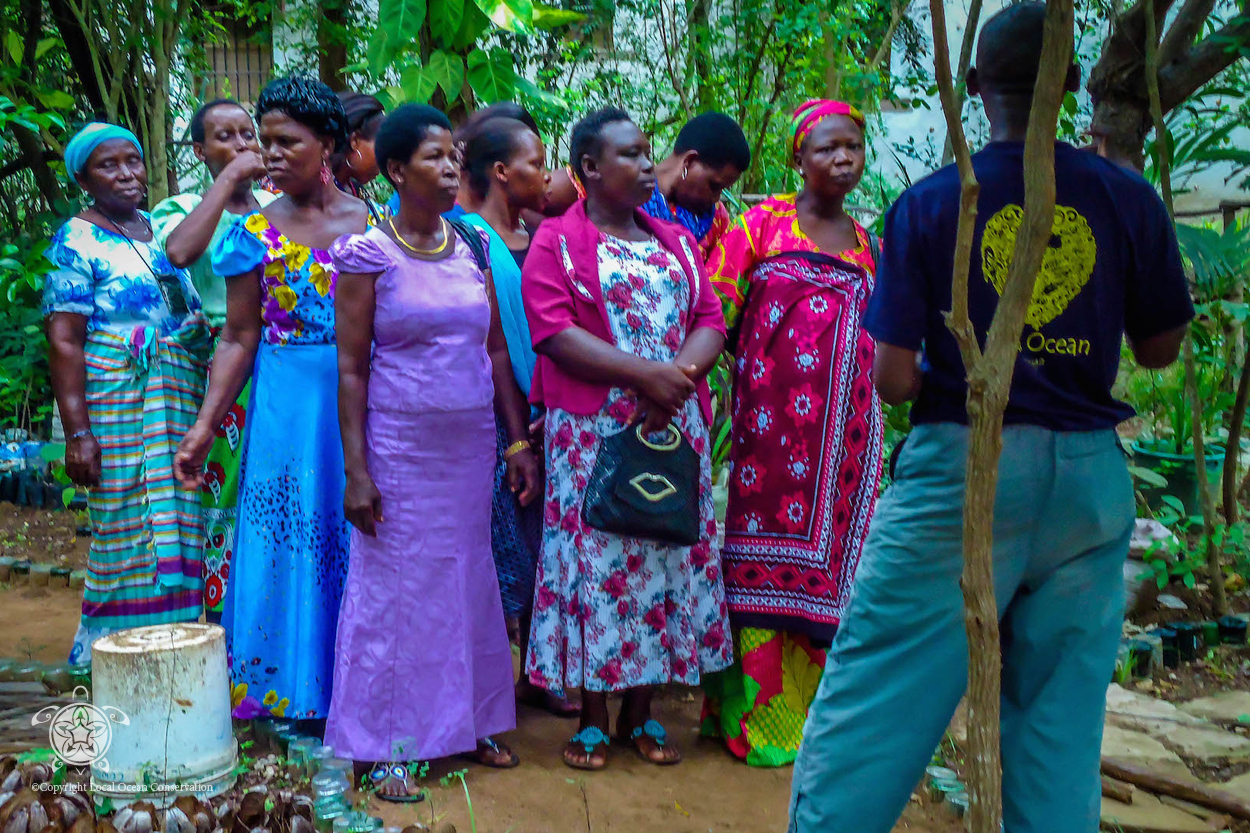
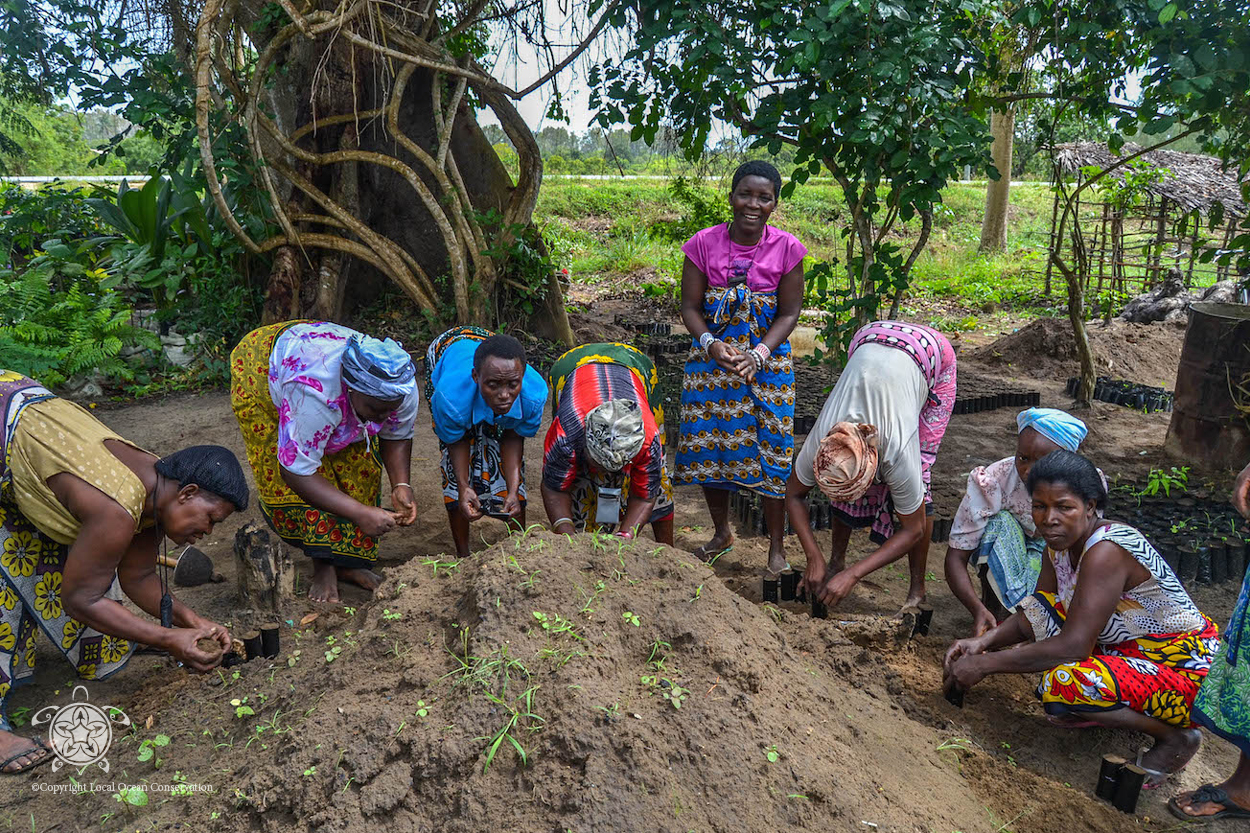
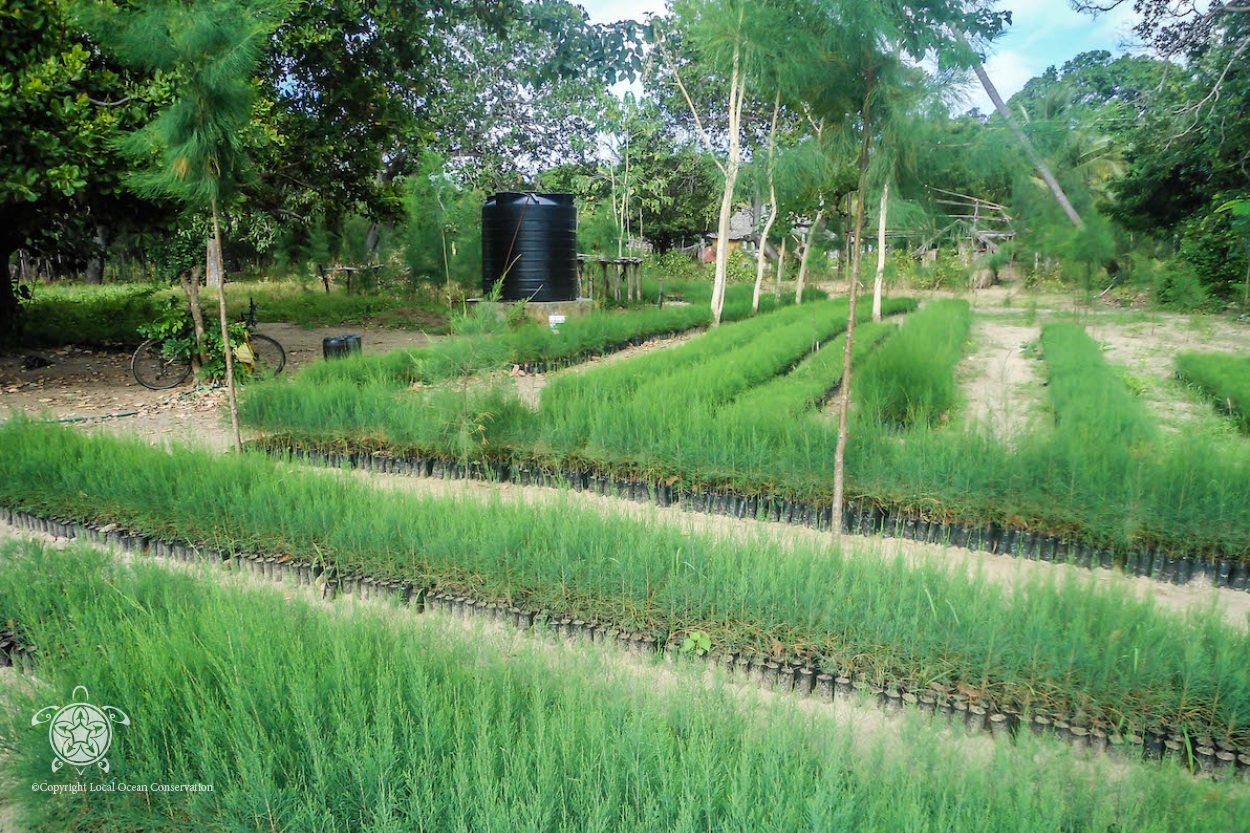

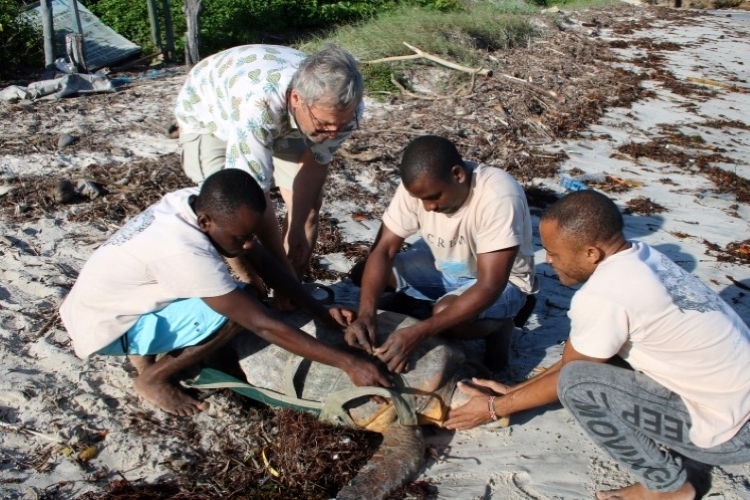
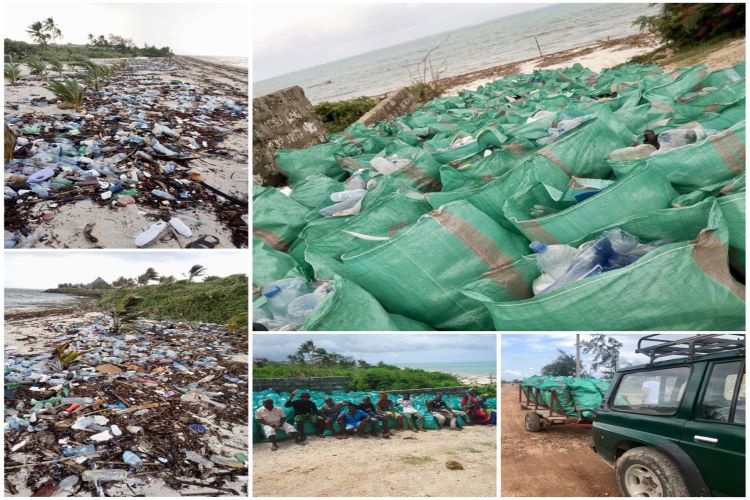
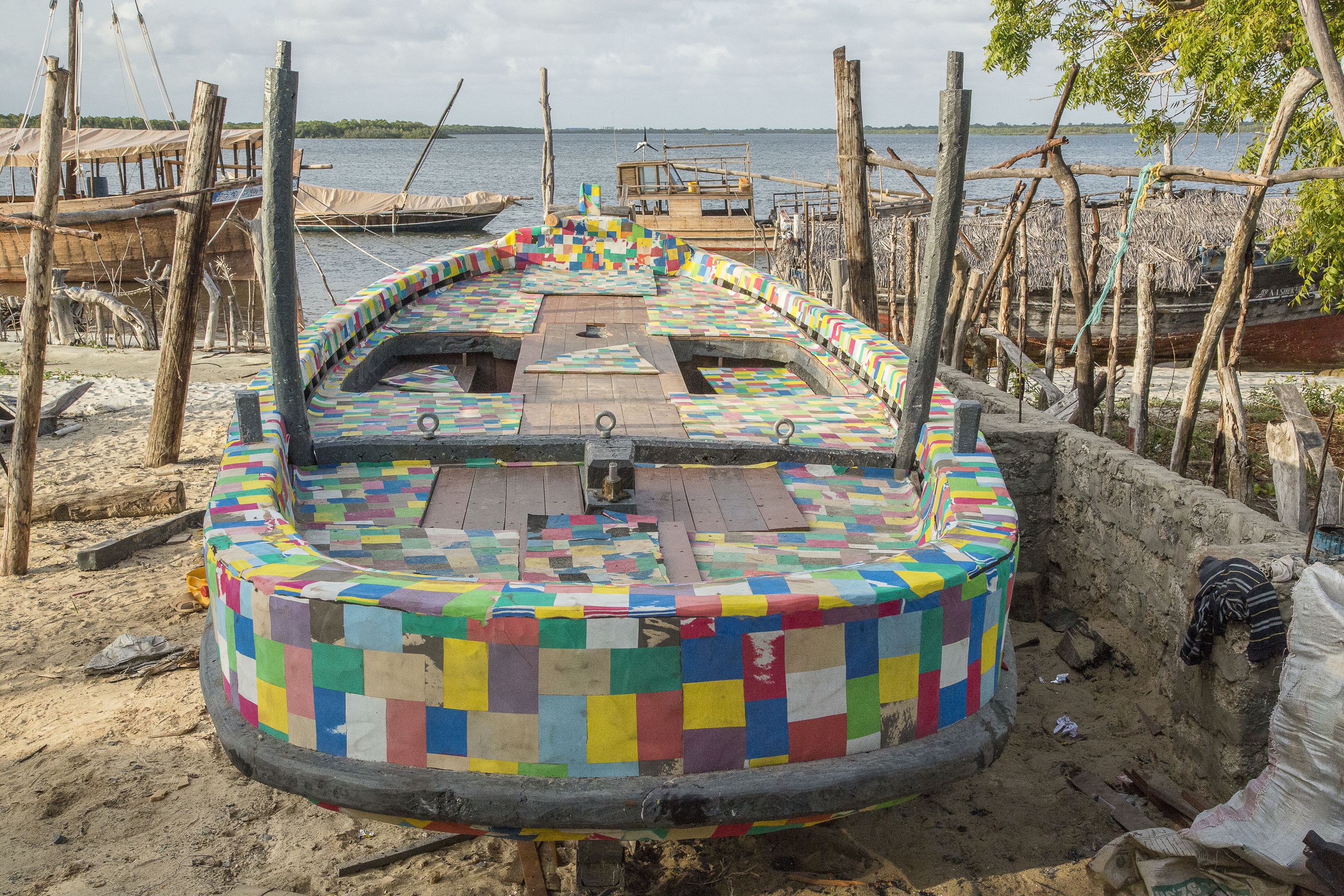
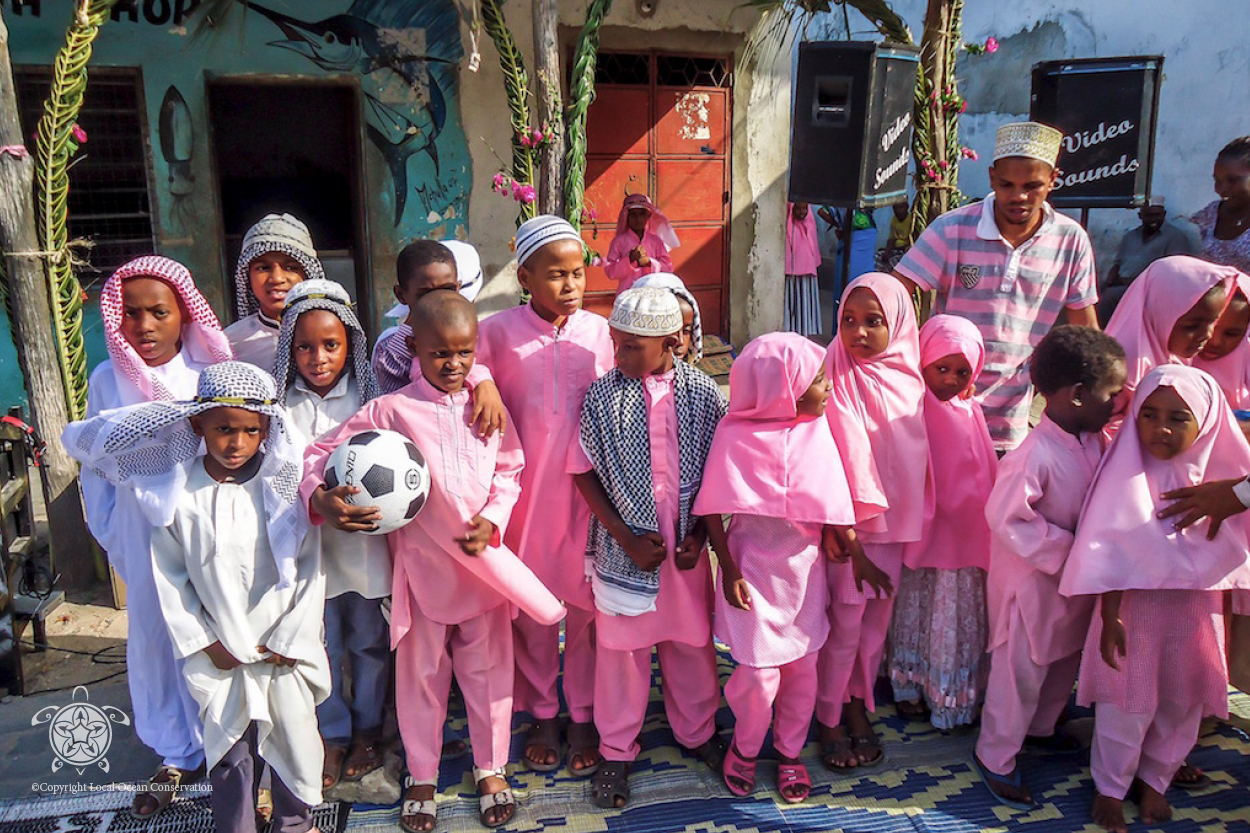
Leave A Comment